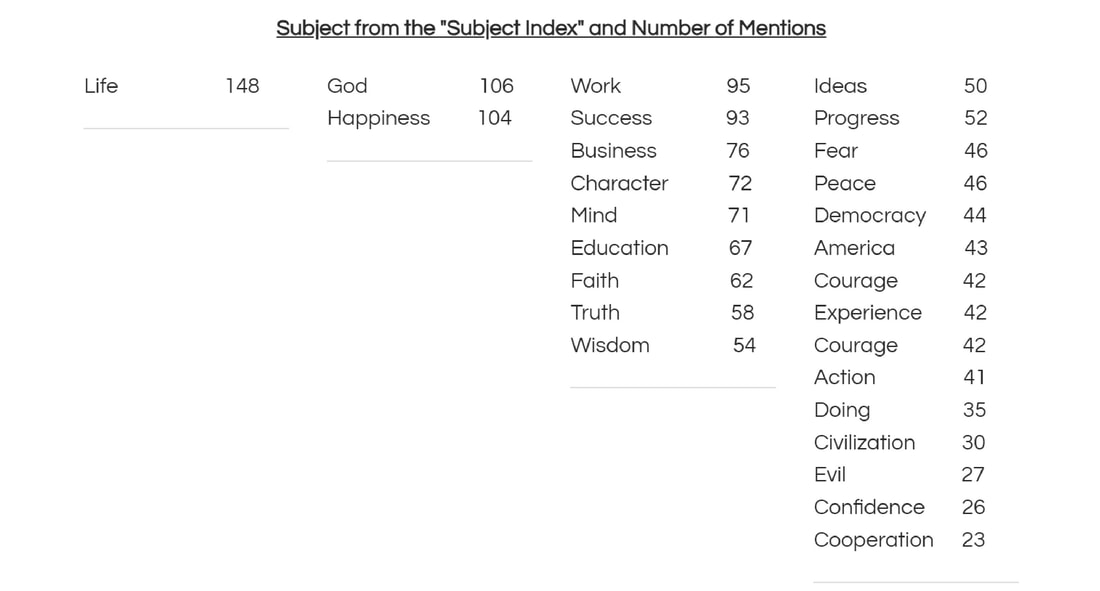To Hear the Truth, LinkedIn's Customers Need an Anonymous "Incognito Mode"In 2021, I left LinkedIn. The feedback that I was getting on my articles was "muted." By this I mean that too many individuals had come to realize that LinkedIn--as a social media platform--will not necessarily get you a job, but it sure can keep you from getting one: just the "like" of an article may come back to haunt you in a job search. So, "Does LinkedIn Need an Anonymous 'Incognito Mode?' " Just a few years ago, my answer to this question would have been an emphatic, “No!” My initial experience with anonymous forums was not pleasant. I am, now, just as insistent in my “Yes!” … with some qualifications. LinkedIn needs to provide its users, not with a “cloak of secrecy,” but a “veil of protection” to encourage honest, intelligent feedback on matters that should be of a real concern to the economic welfare of our country. This article discusses why, with an initial suggestion of how it might work. Select the image or link below to read about a suggested "LinkedIn Anonymous Mode."
0 Comments
What Topics Were Important to America's Early 20th Century Industrialists?In 1950, B. C. Forbes published the first of what would ultimately become over two decades a three-volume set of quotes, epilogues, and statements on “The Business of Life.” Initially, I started to list some of my favorite quotes from Volume I, but a question came to mind: What was the overall impression—the big picture—of all the quotes in this first volume? What was on the mind of these early industrialists, philosophers, and business founders (and B. C. Forbes) when these short business-life idioms were written, collected and published? This is an ordered list of the number of times each subject is included in the “Subject Index.” I believe this list, in a small way, shows where the heads of some great individuals were at when it came to business in the generations living before 1950—many thoughts were post World War I and World War II. It appears obvious that for many (1) business was “life,” (2) “God” and “Happiness” were close seconds—seemingly to provide guidance or a balance, and (3) “work, success, character, mind, education, faith, truth and wisdom” were top of mind too. Great food for thought in the 21st Century, eh? A footnote: Consider that each subject may be more expansive than what is listed here. For instance, the category “Action” does not include “Act, Actions, Deeds, or Doing.” Neither does the category “God” include subjects such as “Faith, Religion or the Golden Rule.” Also, little effort has been made to count the exact number of mentions in the index. These were cut/paste into a Word document and the number of words then extracted. The actual count may be off by one or two—forgive me as this was a trade-off on my part between accuracy and effort.
Maybe, if I were a university professor who could put a graduate understudy to work on it, eh? A Charles Schwab Story of How to Test Your Corporate Culture—MBWAThis is a story adapted from an insight by Charles M. Schwab. The executive tale provides a unique perspective into what made the 20th Century IBM so great—employees were building cathedrals, and what is causing the slow deterioration of the 21st Century IBM—employees are laying brick or working for a buck. As Charles M. Schwab was walking a work site he saw three men were laying brick. He asked each of the men in succession: "What are you doing? "
Download and read this free article by Peter E. Greulich. It is his research into Watson Sr.'s philosophy of instilling a democratic spirit into his business—the 20th Century IBM. Democracy can and should be your corporate atmosphere. Build cathedrals: Manage By Wandering Around! Select the image or link below to download Thomas J. Watson Sr.'s "Democracy in Business." |
Peter E. GreulichPeter E. has been studying IBM and early American corporate history since his retirement in 2011. These are his thoughts and musings, and of those whose biographies and autobiographies he has read with links to articles and book reviews on this website. Contact the author directly.
|




 RSS Feed
RSS Feed